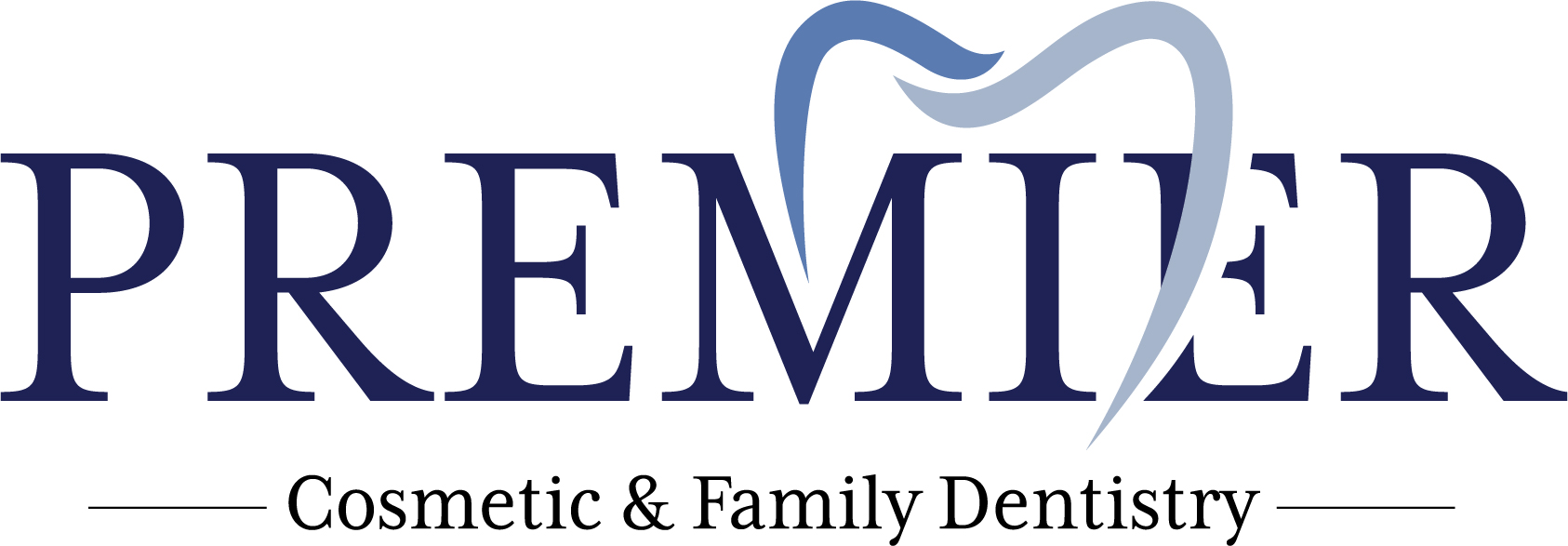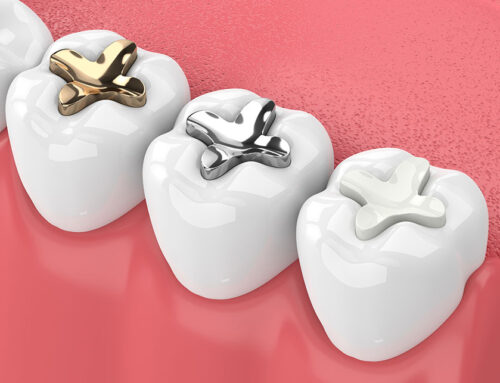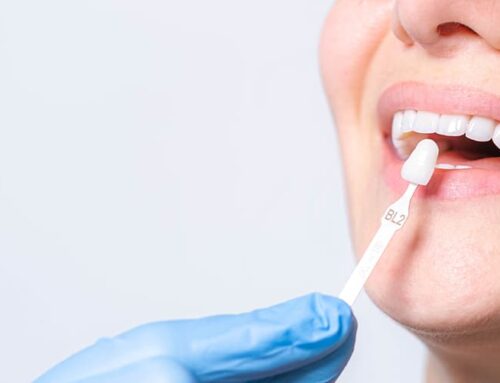One of the very first physical features people notice when introducing themselves to you for the first time is your smile. This is one of the many reasons people consider cosmetic treatments to improve the appearance of their smile. Veneers and dental bonding are standard procedures that hide imperfections in the smile. Veneers are custom-made “shells” bonded to the front of your teeth, while dental bonding is a tooth-colored resin applied to fix minor imperfections on the front teeth.
Let’s examine the differences between the two more thoroughly. This will help you decide which procedure is right for you.
Differences Between Veneers and Dental Bonding
Materials
The materials of both veneers and dental bonding have the same goal: to be the closest match to tooth enamel. Veneers are made with porcelain, which is both tough and translucent, like enamel. Dental bonding uses composite resins, a mixture of glass and plastics, to provide strength and translucency.
Application Process
The application process for both dental bonding and veneers looks different. Dental bonding can be done in one visit. We will clean the surface of the tooth or teeth and etch the surface to open up the pores. When painted on, the liquid resin will bond with the tooth when filled into those tiny pores, and the curing light will harden it into place. The whole process can take anywhere from 30 minutes to 1 hour. Veneers, on the other hand, will take multiple visits to complete the process. First, the teeth must be ground down, and an impression must be made. This impression is then sent to a lab to create your custom veneers. You will be sent home with temporary veneers until your custom veneers are ready. At your next appointment, your new veneers will be cemented into place.
Durability/Longevity
According to Healthline, porcelain veneers can last up to 20 years and are renowned for their longevity. Dental bonding, on the other hand, can last about 3 to 10 years before needing a touch-up.
Cost
According to CareCredit, the national average cost for a single veneer is $1,765. Tooth bonding, however, can be $300-$600 per tooth. There are many payment options, including coverage through insurance. We also work with Care Credit, which is a great financing option.
Which option are you a good candidate for?
Ideally, you should have healthy teeth and gums for veneers simply because veneers will bond better. Veneers are also an ideal option if you are looking to cosmetically address issues, such as chipped teeth. Dental bonding is an excellent option if you have minor cosmetic issues you’d like to address, such as stained teeth.
Pros and Cons of Veneers
Pros: Stain resistance and permanent color correction.
Cons: Higher cost and the removal of the enamel is required.
Pros and Cons of Dental Bonding
Pros: Minimally invasive and affordable.
Cons: Not as long-lasting compared to Veneers.
Overall, both procedures will provide the cosmetic change to the smile you are looking for. Choosing between the two will depend on your budget and cosmetic needs. Consult with Premier Cosmetics Family Dentistry to discuss which option is right for you.






